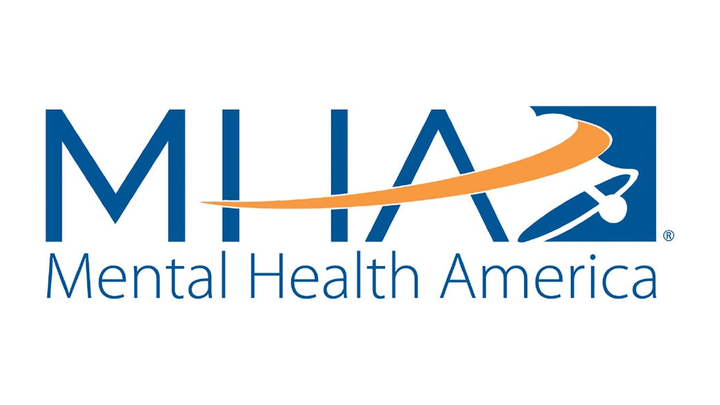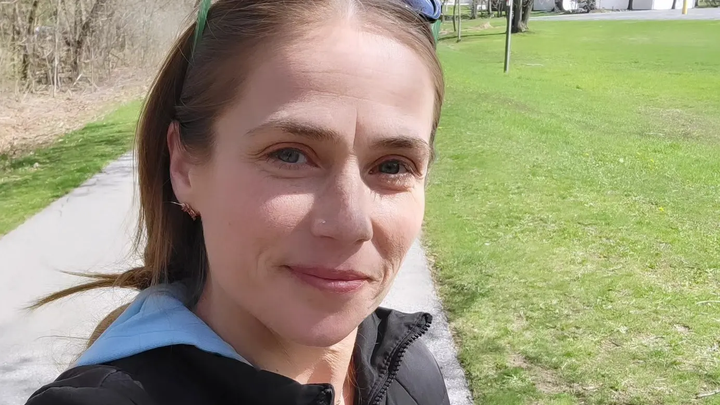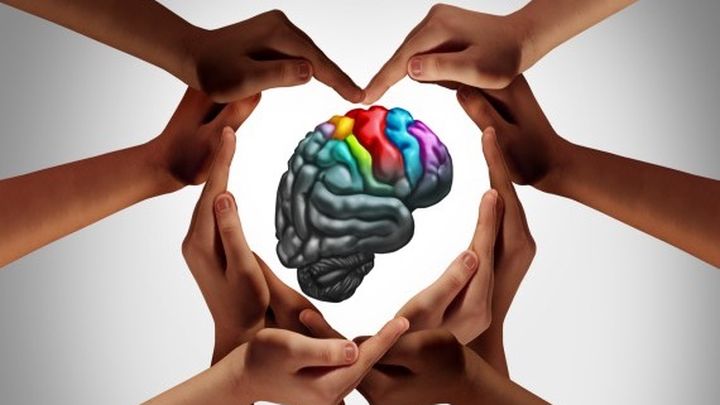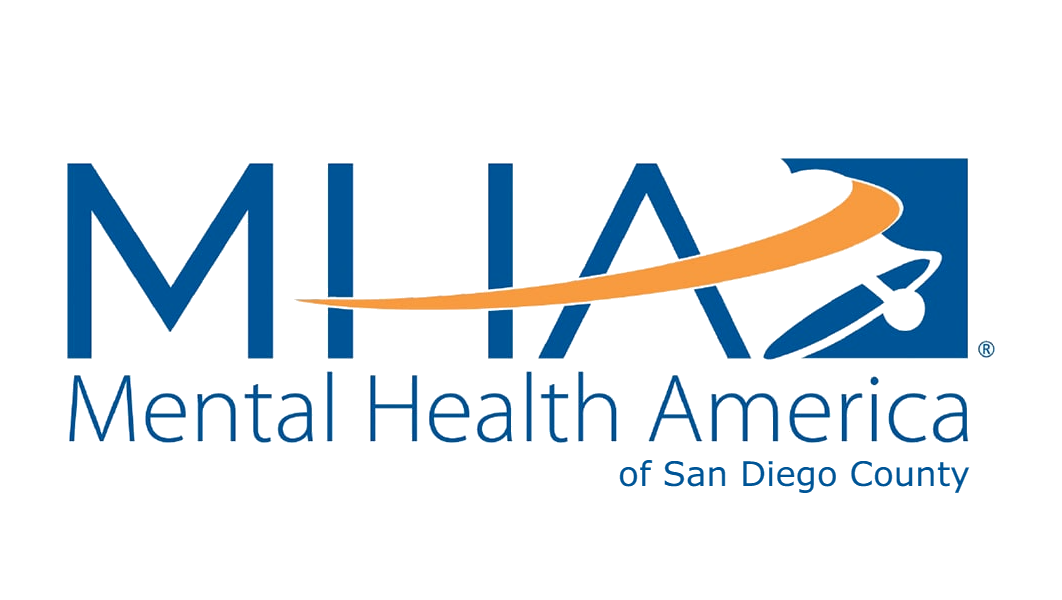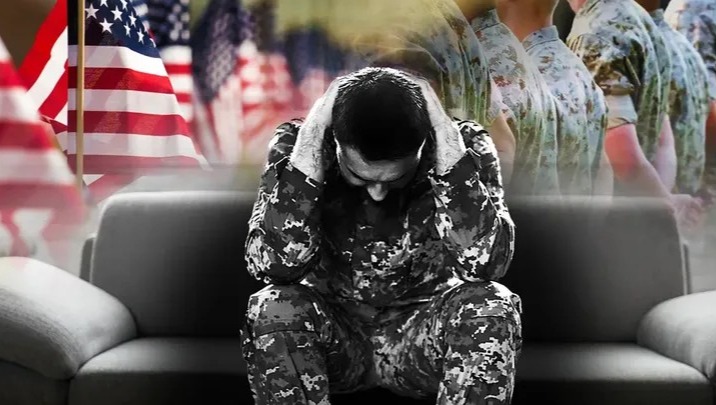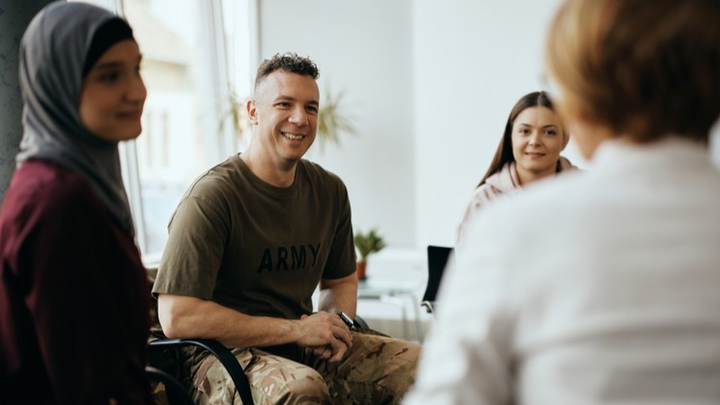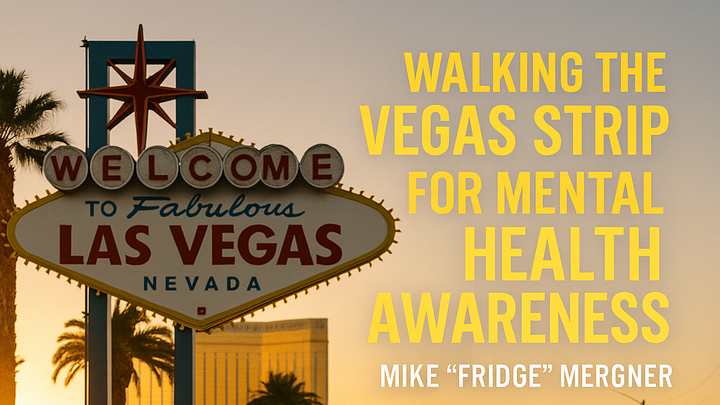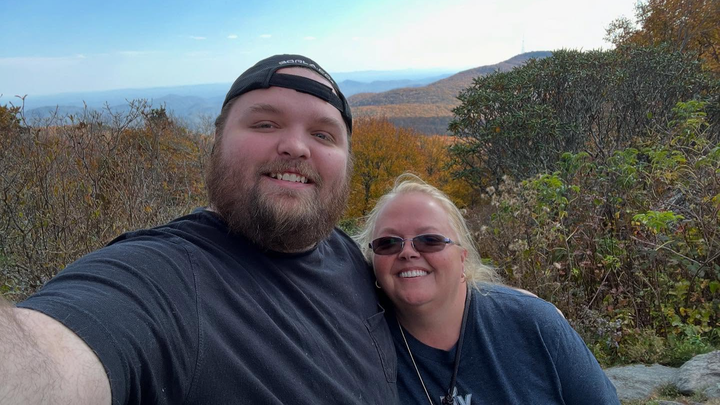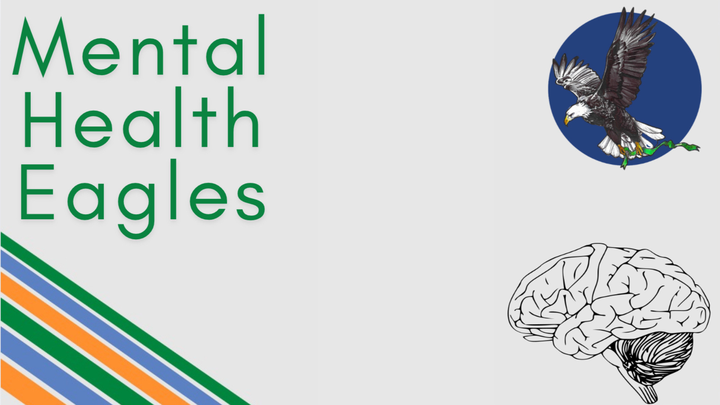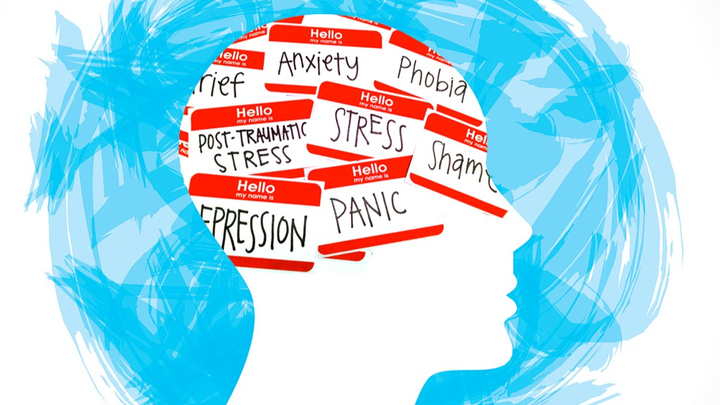Team Shine On Squad, reporting for duty!
Our names are Sisi, Rudy, Cristal, Brad, and Mornae, and we're a group of college students at the University of North Texas. We know that recovery is not magic - it takes time!
That's why we want to introduce a very special organization that we fully support and care deeply for - Mental Health of America (MHA). MHA has been the nation's leading nonprofit, community-based organization dedicated to combating mental health problems for 100 years (Mental Health America, 2024). They are committed to the prevention, identification, and provision of support and treatment for those at risk of mental health problems. We want to help raise funds and bring awareness to aid with all the community outreach programs that MHA has to offer, which provide education, care, and advocacy for those who are already struggling with mental health issues. The symptoms of mental health issues are not always visible but can have lasting effects that can be very detrimental in one's life, which has a rippling effect on families, friends, work environments, and communities.
Why this matters
This matters to us because 1-in-5 adults in the U.S. struggles with their mental health, and roughly 60% of those people aren’t receiving the treatment they need. The numbers are even more alarming for youth, with suicide being the 2nd leading cause of death for people between the ages of 10-24 years old (National Alliance on Mental Illness, 2023) (Centers for Disease Control and Prevention, 2022).
This affects everyone, and we have all seen the signs of friends being distant, or classmates showing frustration or being overwhelmed, and family members who struggle silently every day, trying to figure out a way out. These aren’t just statistics or numbers; these are people we love and care about. Mental health affects ALL of us directly or indirectly, and it's up to us to play our part in helping the community get better.
We know, because...
We also struggle with our mental health sometimes. The following story was anonymously submitted by the team to share with you here:
“I want to share a bit of my experience with you.
Usually, when people hear the word anxiety, it isn't "just stress," it's more than that. The effects of it are so profound and interconnected that it impacts the mind, body, and behavior. Inside the mind, it's a catastrophizing world, like a lightning storm with no end, clashing with more brutal force each time, filling the head with endless loops of "what-if" scenarios or black-and-white thinking. It's overwhelming. There isn't even peace inside one's mind, and because of that, fatigue comes to play, sometimes too much to the point where you burn out, and all that's left is to feel emotionally "numb". It's pitiful. Even your behavior can change, not always, but sometimes it feels heavy, like you're drowning in the ocean, and as much as you try to swim up to the surface, you accept your fate and leave yourself be. Sometimes, it manifests as avoidance, social withdrawal, irritability, or lack of motivation. Your body isn't yours to control anymore; your behavior, thoughts, and body are out of reach, and as miserable as that might sound, this isn't always the case. There are good and bad days, but there are usually more good days as of now. Recognizing and accepting it was the first step, followed by getting help, such as going to therapy, incorporating more exercise into my lifestyle, and even meditating. There's a quote that I think is quite valuable that my therapist told me when I started my journey to self-recovery: "Anxiety is not your fault, but it is your responsibility to manage it. The goal isn't to eliminate anxiety, but to prevent it from eliminating you." —Dr. Claire Weekes, pioneer in anxiety treatment "
How to support
Your donation will help MHA in:
- Identifying individuals at risk before crisis strikes by providing mental health screenings.
- Expanding support and spreading knowledge on programs that offer peer support to ensure everyone that they don't have to walk this journey alone.
- Sharing information and providing education to those in underprivileged areas, impacting different cultures.
- Help change policies to improve access and treatment for mental health all throughout the country.
Stand with Us
We invite you to join us as a strong, united community in mental health, giving aid for yourself or loved ones, and everyone else who quietly suffers every day.
Learn more by visiting:
https://mhanational.org/
Phone: (703) [phone redacted]
References
- Centers for Disease Control and Prevention. (2022). Youth risk behavior survey data summary & trends report: 2011–2021. U.S. Department of Health and Human Services. https://www.cdc.gov/healthyyouth/data/yrbs/index.htm
- Mental Health America. (2024). The state of mental health in America. https://mhanational.org/the-state-of-mental-health-in-america/
- National Alliance on Mental Illness. (2023). Mental health by the numbers. https://www.nami.org/mhstats
